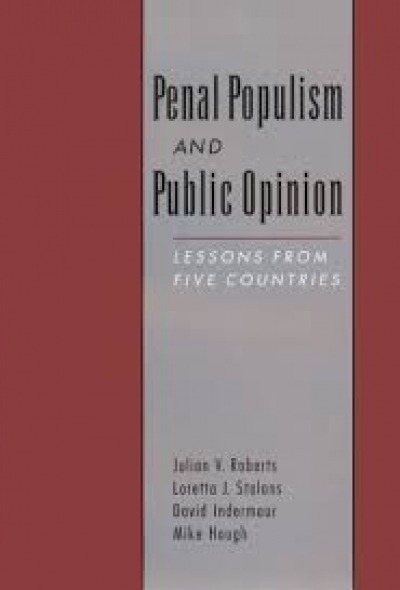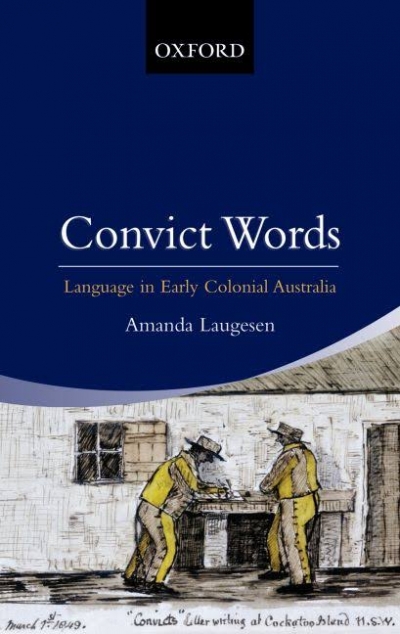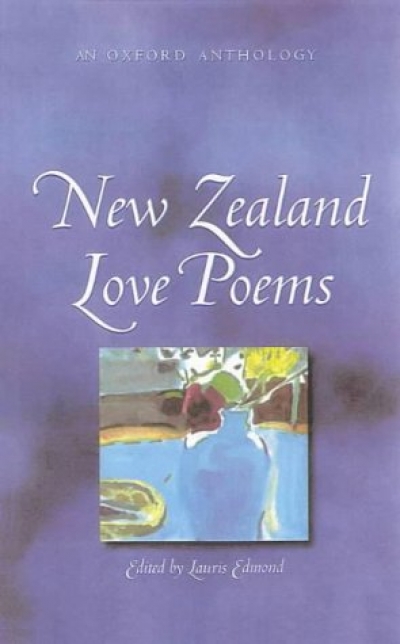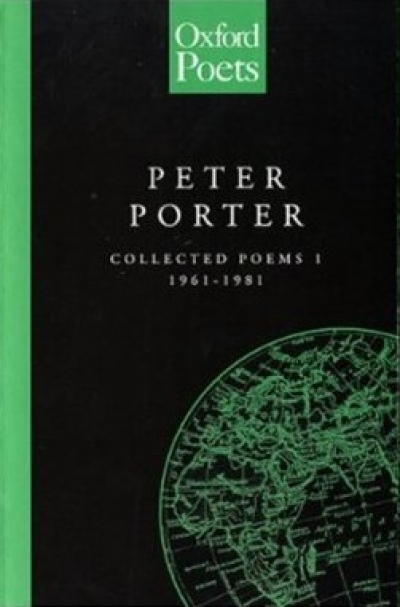Oxford University Press
Penal Populism and Public Opinion: Lessons from five countries by Julian V. Roberts, Loretta J. Stalans, David Indemaur, and Mike Hough
by Russell Hogg •
Australia’s Boer War: The war in South Africa 1899–1902 by Craig Wilcox
by Peter Ryan •
Convict Words: Language in early colonial Australia by Amanda Laugesen
by Gary Simes •
Lexical Images: The story of the Australian national dictionary by Bill Ramson
by Nick Hudson •
New Zealand Love Poems: An Oxford anthology edited by Lauris Edmond
by Jennifer Strauss •
The Sentimental Nation: The making of the Australian Commonwealth by John Hirst
by Geoffrey Bolton •
Collected Poems I 1961-1981 by Peter Porter & Collected Poems II 1984-1999 by Peter Porter
by Peter Craven •










